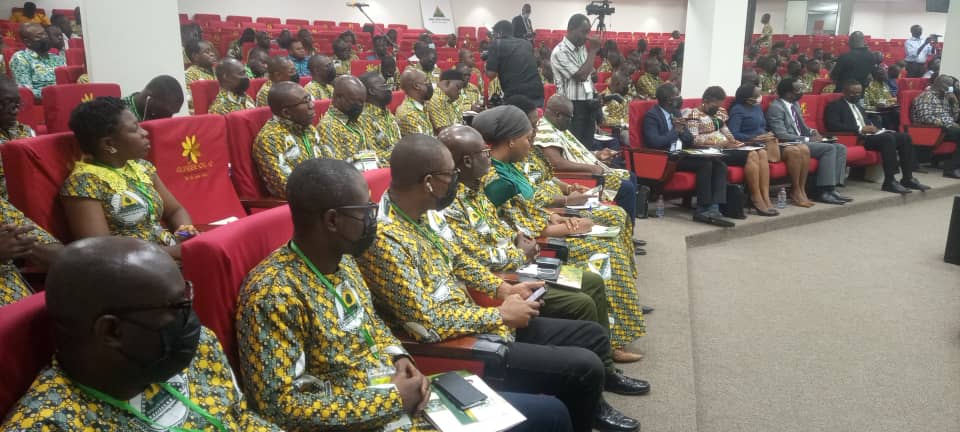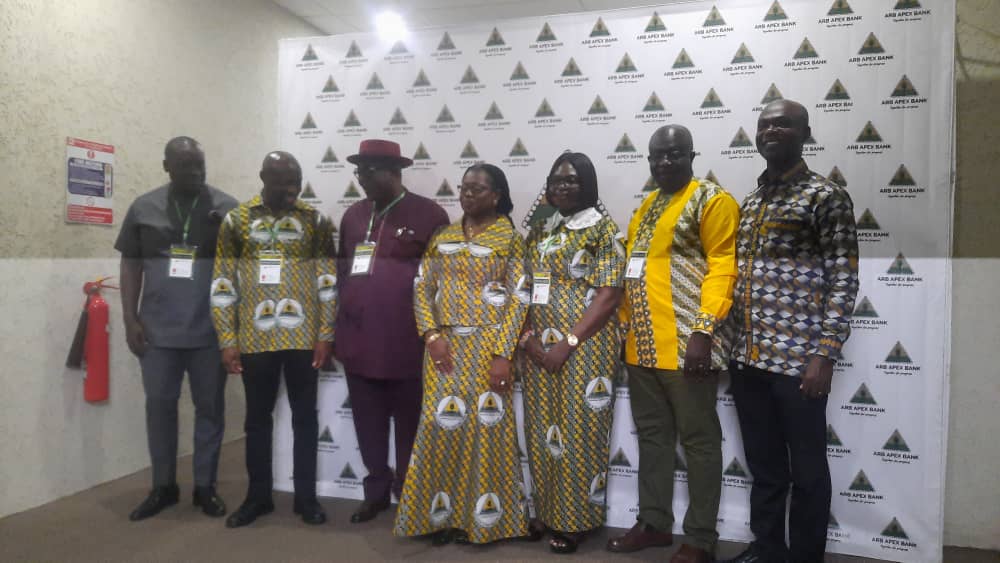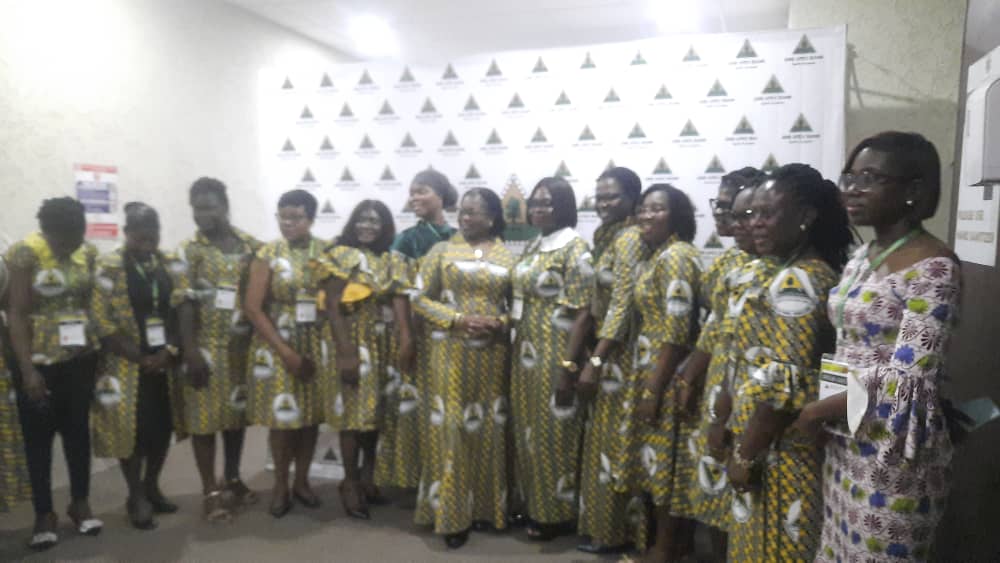The 21st annual CEOs conference for rural and community banks has been launched in the Volta Regional capital, Ho, with lots of interesting activities lined up for the weekend.
Second Deputy Governor of the Bank of Ghana, Mrs. Elsie Addo Awadzi, who was the special guest of honor at the launch noted that over the years the RCB CEOs Conference has provided a unique forum for collaboration, knowledge sharing, and brainstorming to promote the interests of the rural and community banking industry as well as strengthen standards of practice in the rural banking community.
Mrs. Awadzi said that this year, “this conference is taking place at a crucial era in the global economy as well as in our domestic economy, with the fallout from the Covid-19 pandemic and the recent Russian –Ukraine war.”

”Against the backdrop of a slowdown in global economic growth and accommodative fiscal and monetary policies, we have seen high rates of inflation, high interest rates and tighter financing conditions all around the world and for our domestic economy, RCB customers have been some of the hardest hit by the pandemic and its aftermath, “ Mrs Elsie Addo Awadzi stressed.
She said the situation has implications for credit risk and overall financial performance of the industry.
“Indeed the RCB sector, currently comprising 147 Rural Community Banks, remains one of the key pillars of financial inclusion in Ghana with some 8 million depositors and over 6 million loan customers.“
According to her, the rural and community bank business models continue to evolve from the initial business models pioneered in 1976 when the first RCB licenses were issued by the Bank of Ghana and are increasingly embracing automation and strong governance and risk management.
Mrs. Else Addo Awadzi said there is however more room for improvement for the RCB sector to be strategically positioned to play a more significant role in their catchment areas and in Ghana’s sustainable economic transformation.

She indicated that RCBs will therefore need to augment their capital base as needed in order to deploy more sophisticated systems and structures in line with the Bank of Ghana’s cyber and information security directive.
The Managing Director for the ARB APEX Bank, Mr Kwasi Awuah in his remarks stressed that by redesigning and integrating their systems to help cope and live with the effects of the pandemic, rural community banks [RCBs] need to be realigned and positioned to become more resilient in the face of economic uncertainties facing the world.
Mr. Awuah added that the Bank of Ghana’s rural banking concept with the establishment of the first RCB at Nyakrom in the Central Region in 1976 was with the view of bridging the rural financial intermediation gap.
However, almost fifty years after, the gap remains palpable. This, he said was due to no fault of the rural banks “because we have not fully embraced and integrated the tools needed to help us bridge the gap between those who have access to financial services and the unbanked population.
”I believe firmly that with the advent of digitalization and the growth in financial technology (Fintech) solutions, we must fully embrace the digital revolution by deploying the right products and services to fill this large gap in our RCBs’ sub-sector. We, at ARB Apex Bank are confident that we can close this gap through digital solutions such as the Agency Banking, Mobile Banking, and the Internet Banking Project, which would soon be implemented,” Mr Awuah said.

He noted that they have completed the bidding process and received ‘no objection’ from the World Bank and the Ministry of Finance. In view of this, the service providers would soon sign the contract for work to begin.
“We require the full cooperation and participation of all CEOs to help in the implementation of the project, which is of strategic importance to the economy of Ghana as far as financial inclusion is concerned,” he said.
He re-emphasized the importance of providing digital banking services, adding that they have set up a dedicated Digital Banking Unit as part of new strategic initiatives.
Mr Alex Kwasi reminded the CEOs that they are the guarantors of the good performance, success, and sustainability of banks and therefore, need to constantly deploy strategies to prevent assets of banks from deteriorating, and forestall banks sliding into distressed status.

The Oti Volta President of the Association, Mr Larry Kwesi Jiagge in his remarks said with the presence of the Second Deputy Governor, Mrs. Elsie Addo Awadzi, there is the assurance of the Bank of Ghana attaching the utmost importance to the growth and sustainability of the Rural and Community Banks [RCBs].
Mr Jiagge on behalf of his colleagues pleaded with the Second Deputy Governor to use her good office and the weight of her position to help them retrieve their locked up funds from the securities and exchange commission regulated institutions.
“The locked-up funds are seriously affecting the operations of the RCBs. Governor, please help us retrieve the funds to help shore up the liquidity and the financial strength of our banks,” Mr. Jiagge said.
Meanwhile the two-day program had presentations from topics including understanding gender based violence and harassment in the workplace, how to manage a model rural community bank, among others.





